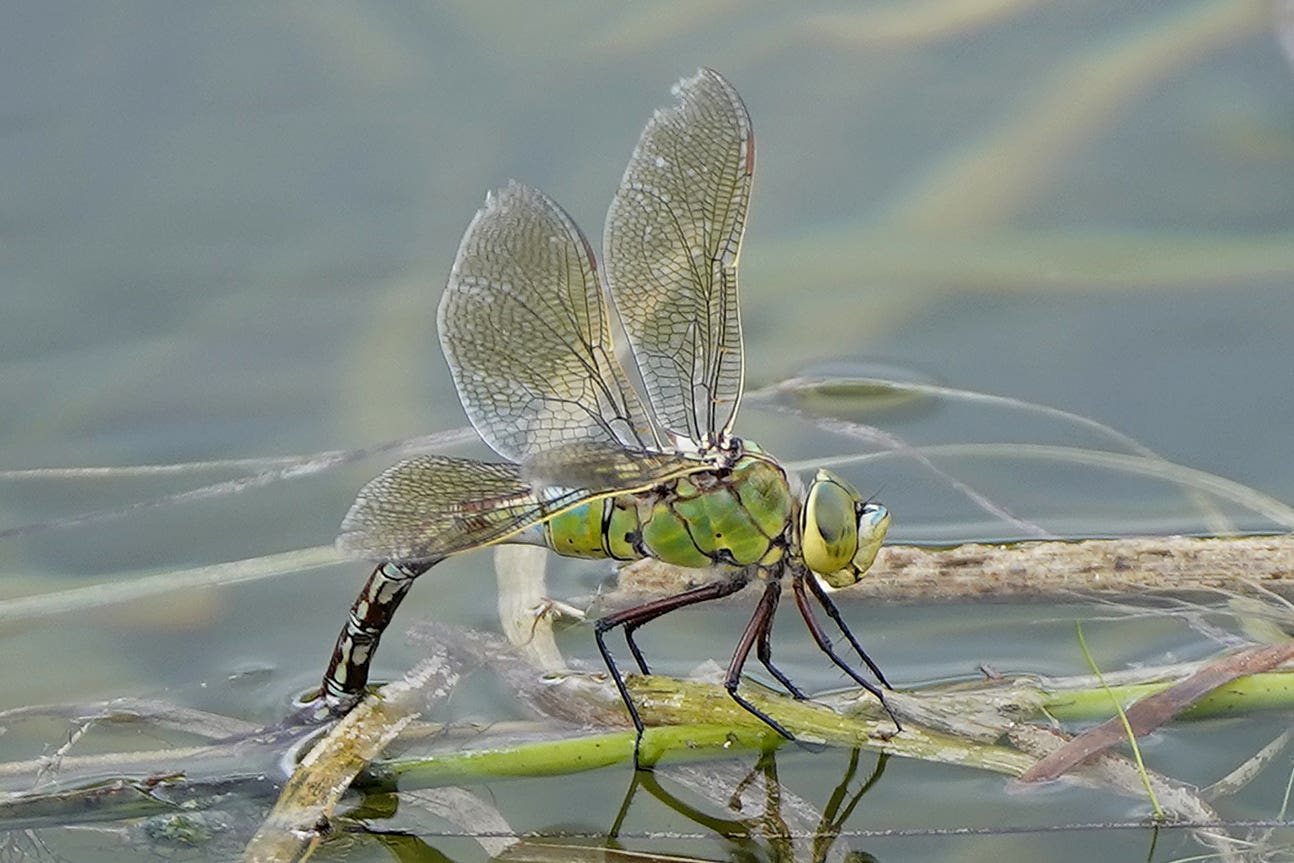Freshwater creatures recovering despite sewage pollution, study finds
Long-term trends show their recovery has slowed since 2003 but is still improving.

Your support helps us to tell the story
From reproductive rights to climate change to Big Tech, The Independent is on the ground when the story is developing. Whether it's investigating the financials of Elon Musk's pro-Trump PAC or producing our latest documentary, 'The A Word', which shines a light on the American women fighting for reproductive rights, we know how important it is to parse out the facts from the messaging.
At such a critical moment in US history, we need reporters on the ground. Your donation allows us to keep sending journalists to speak to both sides of the story.
The Independent is trusted by Americans across the entire political spectrum. And unlike many other quality news outlets, we choose not to lock Americans out of our reporting and analysis with paywalls. We believe quality journalism should be available to everyone, paid for by those who can afford it.
Your support makes all the difference.Invertebrates such as dragonflies, snails, mayflies, shrimp and worms are recovering in England’s rivers despite the pollution, a study has found.
These species are in a much better state than they were before 1990, with the trend holding across much of Europe as well, the researchers said.
A recent State of Nature report found that overall, British nature is in decline with about one in six species at risk of becoming extinct from Britain.
While many land-based creatures are suffering, freshwater species are not, said the UK Centre for Ecology & Hydrology (UKCEH), who led the study.
The implication is that given good legislation, resources and regulation, we can reverse biodiversity decline
Using Environment Agency data, the team analysed 223,300 records taken in England between 1989 and 2018, examining how various biological families responded to changes in water quality.
They found that across the country, including uplands and lowlands, rural to urban, the number of freshwater invertebrate families found at each site monitored increased from 15 to 25 on average over the 30-year period.
The study, published in the journal Science of the Total Environment and funded by the National Environment Research Council, found that after 2003 this rate of improvement slowed, with less abundance of species in areas more exposed to wastewater or pesticides, though even these sites have shown improvements over the years, the researchers said.
Lead author Professor Andrew Johnson of the UKCEH, said: “Long-term monitoring has shown us a dramatic improvement in the biodiversity of freshwater invertebrates over the past 30 years across all river types at the national scale.
“Similar trends are also observed across Europe, and in the decades during which changes in legislation around water treatments and restoration projects have been introduced driven by EU policies.
“This suggests that water quality improvements have been effective at allowing freshwater biodiversity to recover.
“Since these trends are also observed across Europe, it suggests that water quality improvements, consistent with changes in legislation around wastewater treatments and associated restoration projects, have been effective at improving freshwater biodiversity.
“The implication is that given good legislation, resources and regulation, we can reverse biodiversity decline.”
Biological families that are particularly sensitive to river pollution such as mayflies, stoneflies and caddisflies are recovering better than most and records of their presence have shown an increase of three families per site in 1989 to 10 in 2018.
Prof Johnson said: “We now need to understand more about the role chemical changes or conservation measures have had in achieving this recovery in England’s freshwater invertebrates, and to what degree current levels of pollution affect wildlife in relation to other issues.”